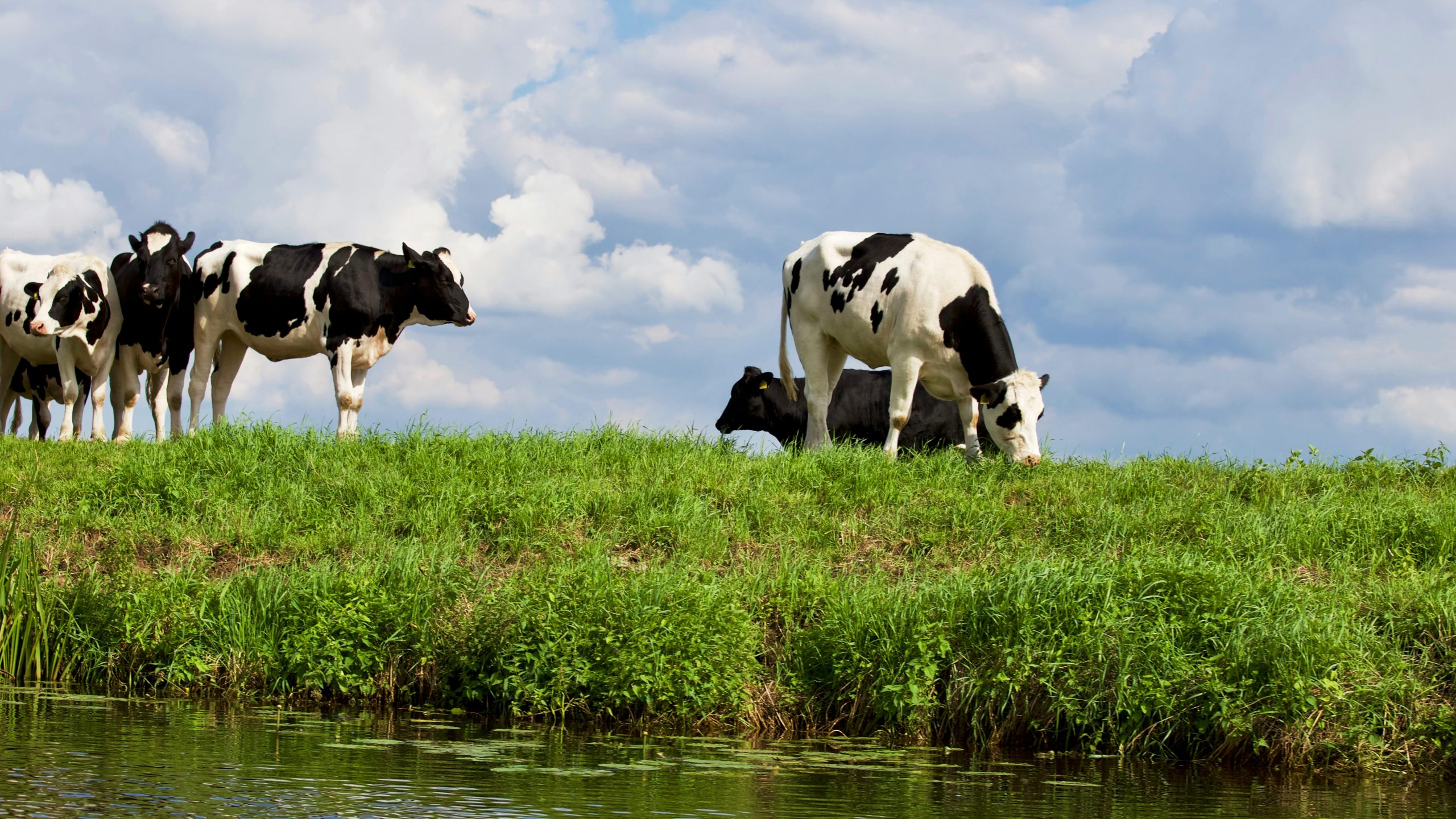Diverse crop rotations can give greater cereal yields in a changing climate
The importance of a good crop rotation is known, but analyses of 32 decade-long cropping experiments across Europe and North America have clarified the benefits. One conclusion is that diversifying the crops in rotation promotes agricultural sustainability by increasing yields and reducing fertiliser use. More diverse rotations also counteract yield losses under damaging extreme weather. These benefits increase over time. The level of diversity for maximum yield benefits depends on type of crops and climatic conditions.
The studies were led by researchers at the Swedish University of Agricultural Sciences, in collaboration with researchers across Europe and North America. The results are now published in the scientific journals of Communications Earth & Environment and Global Change Biology
Integrating plasma treatment with biogas plants is a promising solution for agriculture
In a new publication, Postdoc Jared Onyango Nyang’au from the Department of Agroecology at Aarhus University and his collaborators have focused on a pioneering plasma treatment technique developed by a Norwegian company. This technique enhances the fertilizer value of digestates from biogas plants, replacing more synthetic fertilizers as well as reducing environmental problems associated with emissions during storage and field applications of manure.
Mosaic grassland landscapes are the most beneficial
Researchers at ETH Zurich and the agricultural research institute Agroscope have tackled the question, which type of farming is especially well-suited to promoting the services that grassland provides, and the resulting study was recently published in the journal Nature Communications.
In their study, the researchers took a close look at 90 permanent grassland areas on over 30 farms in the canton of Solothurn in the north of Switzerland. In their study, they considered three grassland farming practices: fertilisation (use of fertiliser or unfertilised extensive grassland, so-called biodiversity promotion areas), type of use (meadow or pasture) and farming system (conventional IP Suisse, or organic).

